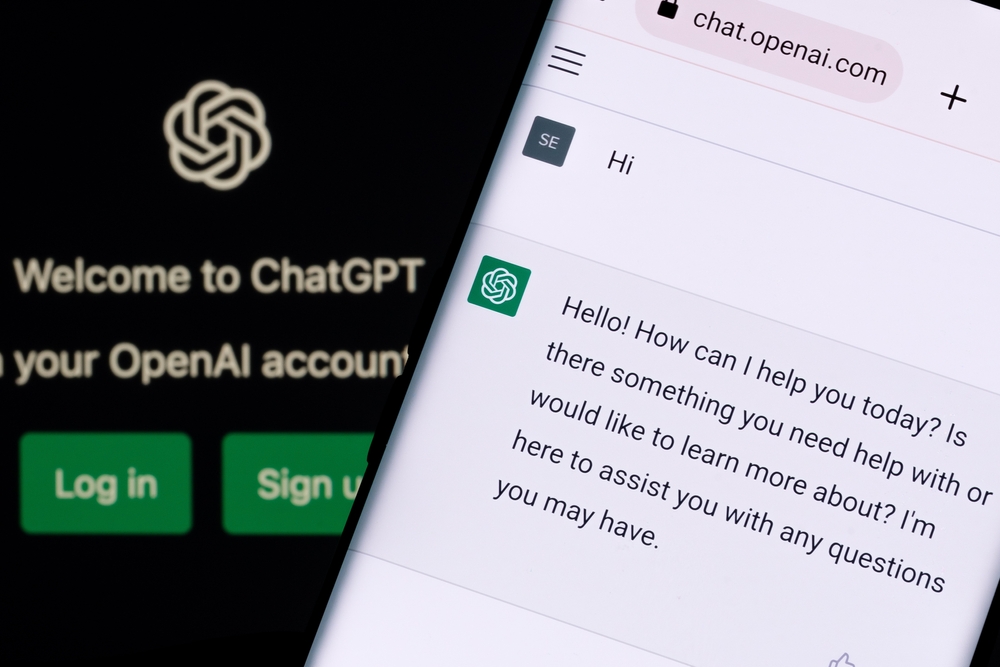Not Clear for Takeoff: How a Lawyer Loses an Airline Lawsuit for Using ChatGPT
You may have read the story of the lawyer who filed a brief using artificial intelligence. Representing his client in a personal injury suit against Avianca Airlines, the lawyer presented a brief to the judge, which contained falsified cases written by Open AI’s ChatGPT. Oops!
The cases cited by ChatGPT simply don’t exist. The lawyer was fined $5,000, publicly humiliated, and may even face disciplinary proceedings against him by the State Bar.
Why? Well, a lawyer has the duty to represent their client competently. It is incompetent to rely on artificial intelligence to write your briefs. It is incompetent not to read the cases that you cite. It is incompetent not to check and verify the citations that you provide to the Court. Beyond that, a lawyer has the duty of candor to the court.
This lawyer had the gall to tell the court that he asked ChatGPT to verify its work and that he relied upon ChatGPT when it told him that the citations it had provided were authentic. As a fellow lawyer, this was stupid.
How AI Improves the Quality of Our Legal Services
We at Lakelaw have used ChatGPT to help us work more effectively. For example, it is good at doing complex calculations quickly. It is also good at helping us to identify people and places. ChatGPT is not good at practicing law. And let me tell you this, every word that you see in any of our articles is written by lawyers at Lakelaw. We may sometimes ask ChatGPT to rewrite things we wrote to make they are easier to understand.
So, how do we use artificial intelligence at Lakelaw? Well, for one thing, we subscribe to Case Text and CoCounsel. This tool is a large language model that has access to just about every legal decision ever decided in the United States. It has a robust understanding of questions that we might ask about the legal issues arising in your case. It has the capability of summarizing and analyzing complex legal documents.
We don’t rely on the output from Case Text and CoCounsel as the final product, but we do regard it as a decent starting point. We have found its skill set like that of a third-year law student. We also use this tool to effectively represent our clients using the latest technology.
Under the Model Code of Professional Conduct as well as the Illinois Code of Professional Conduct, we lawyers have the obligation to be up-to-the-minute from a technological standpoint. After all, we are required to assimilate data, organize it, think about it, and communicate about it effectively. Today, we can no longer rely on paper, pens, and pencils. We must leverage our abilities with every computational and electronic tool available.
Even though we used typewriters and carbon paper when we started our practice almost 50 years ago, being a small and nimble firm using the latest in technology, we can run circles around our more hide-bound competition in giant law firms. They need committees to make the slightest change. When we find innovative tools, we put them to work for you immediately. And we do so efficiently and effectively.
The Future Starts Here at Lakelaw
From embracing digital transformation like artificial intelligence to providing high-quality and ethically-sound legal services, Lakelaw is the leading law firm for personal and business bankruptcy in Chicago.
Count on our lawyers to represent you zealously and fearlessly. Our firm has been named one of the best law firms by U.S. News & World Report, voted among the top 500 US bankruptcy and restructuring lawyers by Lawdragon, and peer rated for highest level of excellence by Martindale-Hubbell.

